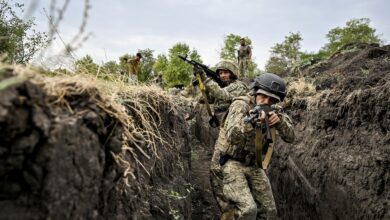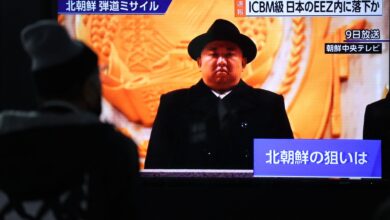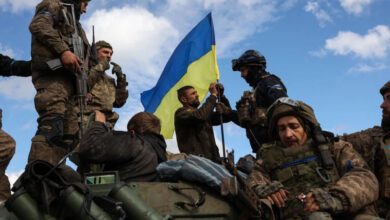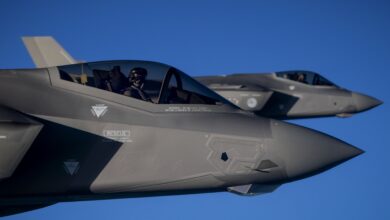Afghan Gathering to Decide Fate of 400 Taliban Prisoners
US Secretary of State Mike Pompeo urged attendees to free the detainees, promising help if the war-torn nation moves forward on peace efforts.
Thousands of prominent Afghans will gather in Kabul Friday to decide whether to release about 400 Taliban prisoners, including many involved in brutal attacks that killed scores of Afghans and foreigners.
US Secretary of State Mike Pompeo urged attendees to free the detainees, promising help if the war-torn nation moves forward on peace efforts.
“We acknowledge that the release of these prisoners is unpopular,” Pompeo said in a statement. “But this difficult action will lead to an important result long sought by Afghans and Afghanistan’s friends: reduction of violence and direct talks resulting in a peace agreement and an end to the war.”
The prisoners’ fate is a crucial issue in determining when peace talks between the Taliban and the Kabul government might begin, as the two foes had committed to completing a prisoner exchange ahead of talks.
While Kabul has released almost 5,000 Taliban inmates, authorities have balked at freeing a final 400 or so demanded by the Taliban.
According to an official list of the Taliban prisoners seen by AFP, many of the inmates are accused of serious offenses, with more than 150 of them on death row.
The list also includes a group of 44 insurgents of particular concern to the United States and other countries for their role in “high-profile” attacks.
They include five insurgents linked to the 2018 attack against the Intercontinental Hotel in Kabul that killed 40 people, including 14 foreigners.
At least 19 people were killed when gunmen dressed in army uniforms stormed the Intercontinental Hotel in Kabul, Afghanistan.
The Taliban claimed responsibility for the attack. pic.twitter.com/35wENsXB33
— AJ+ (@ajplus) January 22, 2018
And a Taliban militant involved in the massive May 2017 truck bombing near the German embassy in Kabul is on the list, which also includes a former Afghan army officer who killed five French troops and wounded 13 in 2012 in an insider attack.
“There are definitely some prisoners that people don’t want released, mostly because they are guilty of having killed coalition troops and nationals,” a Western official familiar with the case told AFP on condition of anonymity.
“Among the 400 there are a small number of extremely high-profile convicted individuals who have been found guilty of terrorist acts targeting internationals.”
Loya Jirga
President Ashraf Ghani has deferred the decision on whether to release these inmates to a loya jirga — a traditional Afghan meeting of tribal elders and other stakeholders that is sometimes held to decide on controversial issues.
About 3,200 dignitaries are due to participate in Friday’s assembly, loya jirga spokesman Jahanzaib Sharifi told AFP.
Under the prisoner exchange, Kabul was supposed to free 5,000 Taliban members, while the insurgents committed to releasing 1,000 government captives.
The Taliban, which says it has fulfilled its side of the swap, has insisted it will not begin peace talks until all 5,000 prisoners are freed.
According to the list seen by AFP, the Taliban is demanding the release of an insurgent involved in the 2018 attack against British security firm G4S as well as several militants involved in the killing of US soldiers.
The US embassy in Kabul declined to comment.
Two militants involved in a suicide attack targeting a NATO convoy in Kabul in 2015 that killed 12 people, including three Americans, were also among the 400.
Two militants are also on the list for the 2003 murder of Bettina Goislard, a United Nations refugee worker.
Ahead of the loya jirga, Human Rights Watch cautioned that many of the prisoners had been jailed under “overly broad terrorism laws that provide for indefinite preventive detention.”
“Secret trials and torture to coerce confessions may make it impossible to determine which prisoners actually committed serious crimes,” it said.












